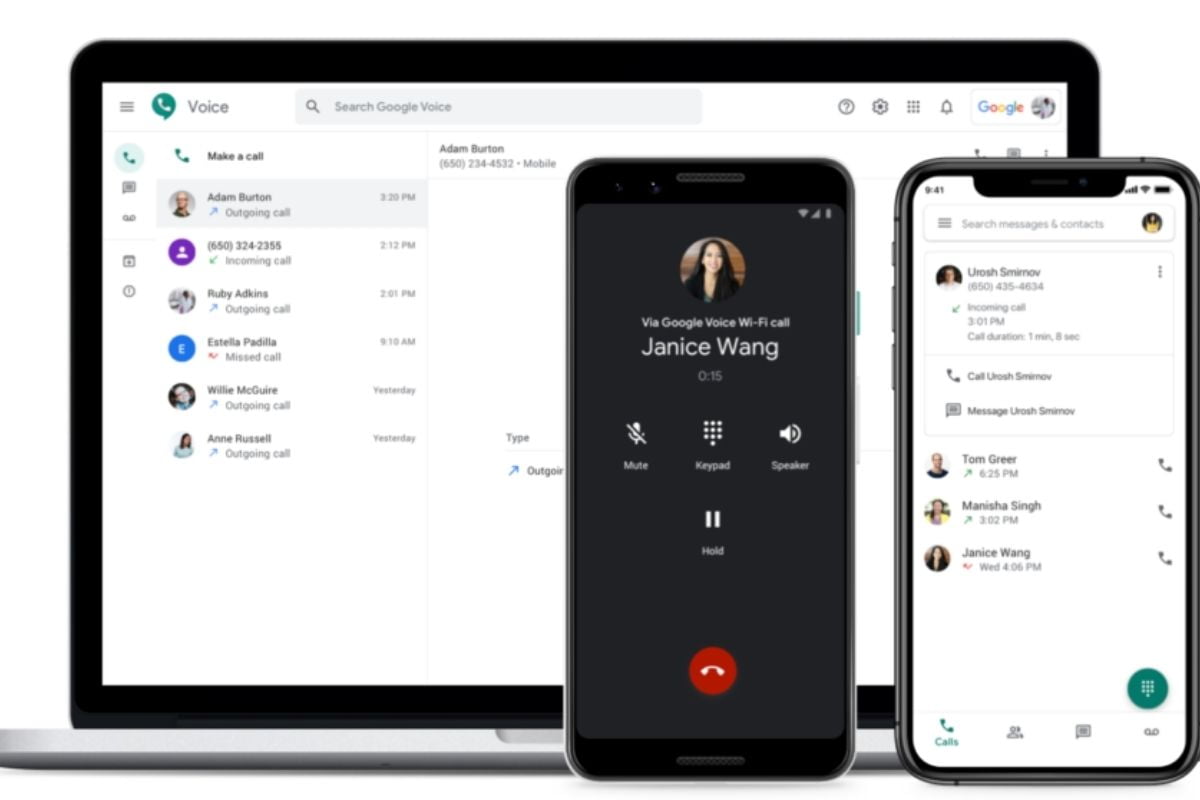In the wee hours of Thursday, Google announced that it would finally be adding a new caller ID, SMS message related features and missed call features to Google Voice. The update that brings these improvements is quite notable, as it is a sign of Google remembering the existence of Google Voice, which was sidelined by Google to focus on other ventures. Now users, be it for missed calls or voicemails of the Google Voice application, will be able to learn as to why they might have missed a call, with one such instance being the Do Not Disturb or DND option having been switched on.
Google Voice to Offer Multiple Improvements
If this is indeed the case, the app will now provide you with directions as to how that can be avoided in the future, which in this case will be to turn Do Not Disturb off. Google is also making it easier for users to redial dropped calls and switch to the user’s mobile network in the situation where your Wi-Fi connection could have resulted in a failed call pick-up. Coming to the iOS camp, if you are using Google Voice on iOS in order to forward calls to your main number, you can now have the app display your Google Voice number instead of the original number on the caller ID. SMS messages can also be deleted in bulk now, something that was not on offer in the web version of the application. For those of you unaware, Google has tried multiple times to offer services to connect people but, with the exception of Gmail, most of them seemed to have flopped or died down on their own. Voice, in particular, was left hanging when Google Fi was launched, with the latter promising the services of a regular dialer service. Voice did get a new redesign and a dark mode back in 2020, but, since it is a Workspace oriented product, it has not been dramatically changed over the years, and, this update marks a sign of Voice’s future still being there, at least for the short-term as Google seems to have no plans to kill it. The application was launched way back in 2009 and, it seems to have managed to keep its head above the water, even if it was never as popular as the likes of Gmail, Hangouts or Skype.
